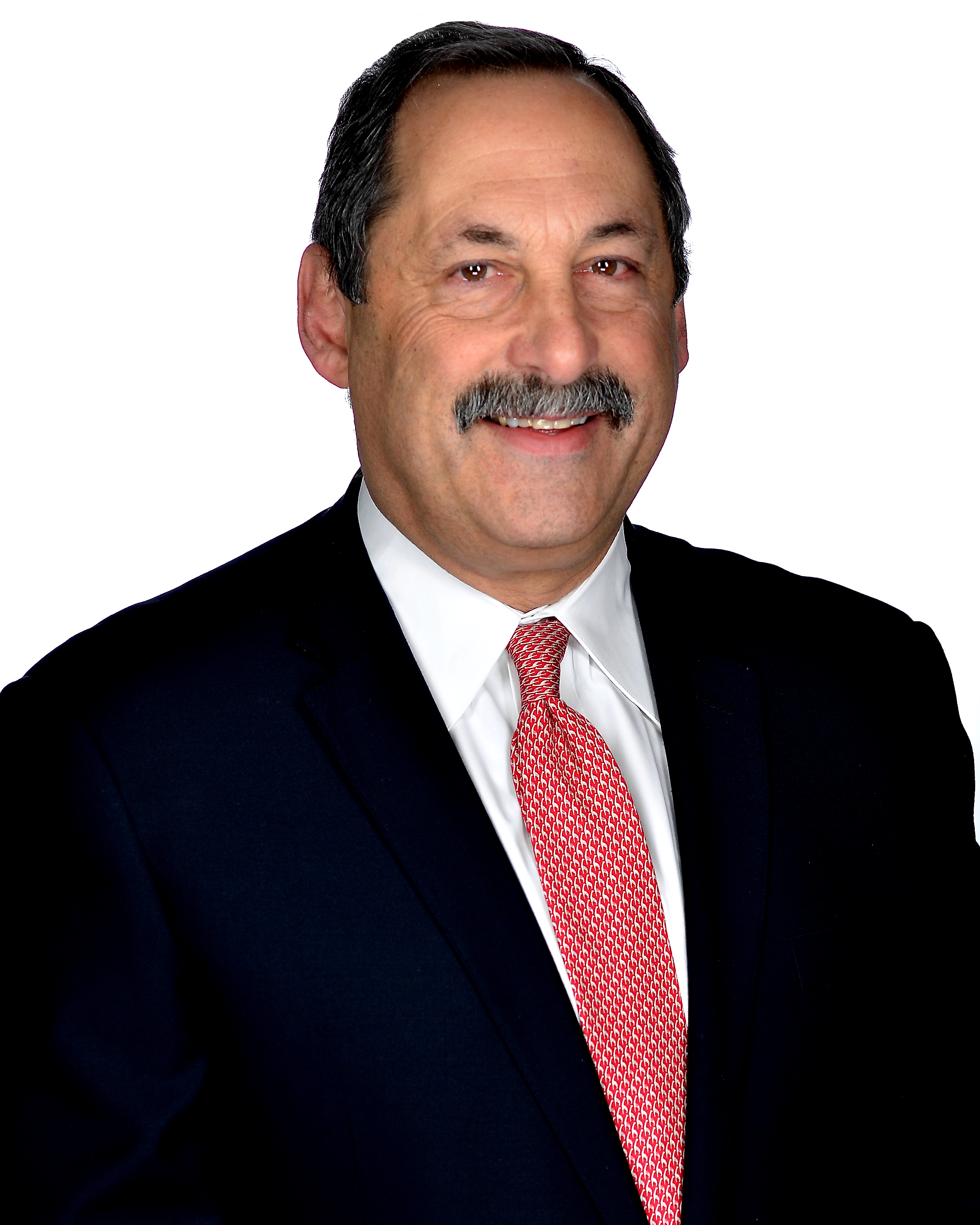Michael Fiorile

The smarter way to stay on top of broadcasting and cable industry. Sign up below
You are now subscribed
Your newsletter sign-up was successful
You learn an awful lot when you grow up working at the family bakery. First, you learn it isn’t easy; you’re a kid and not making a mint. But working hard has its own rewards. And the best local bakery, one that goes back generations, is actually a community institution, a most welcome local flavor.
And then there’s the smell.
“You never really get tired of that,” Michael Fiorile recalled of those days growing up in New Jersey, putting in hours at the bakery his father owned, the one his grandfather started, where Fiorile and his uncle, brothers and cousins all worked when he was a kid. “The place smelled wonderful for a block away and being there was all part of the magic.” And by studying his father’s work ethic he later came to believe: “If I could outlast everybody else with perseverance and drive, I just might be able to make a living in this business. If I come in a little earlier and leave a little later, it might cause me to have some degree of success.”
For Fiorile, “this business” turned out to be a different kind of popular and embraced local institution — television — and his humble claim to “some degree of success” would bring a smile to the colleagues of the chairman and CEO of the Dispatch Broadcast Group and Dispatch Printing Co. For 70 years, spanning generations, the Wolfe family-owned Dispatch business controlled CBS affiliate WBNS Columbus (Ohio) and for 44 years it also ran WTHR Indianapolis. WBNS Radio and the WALV-CD UHF and digital channel were also in their vault. And during the 25 years Fiorile worked for that family, before the TV stations were sold to Tegna in June for $535 million, he saw both towering atop their markets, securing a reputation as beacons of their communities.
Embracing the TV Family
Perhaps as important, Fiorile — as an affiliate market representative for his company; member, and often chair, of several industry boards; negotiating with and working alongside networks with often competing goals, all in a content business that has shifted, consolidated and been disrupted by everything from satellites to streamers — has been the definitive calm and mature voice in too many rooms to count. He has brought all sides to the table with a reasonable, responsible all-boats-rising resiliency.
“He is respected by everybody, and for folks he’s negotiating with and everyone else his word is always good,” said Alan Frank, former president and CEO of Post-Newsweek Stations. “His style is not confrontation, but he’s tough and smart and has real values he sticks up for and lives by. I’ve been with him in a number of network negotiating sessions. I was known more as a guy who blew things up, and Mike was a guy who had great respect from network folks and they were happy to sit with him and deal with him.”
The smarter way to stay on top of broadcasting and cable industry. Sign up below
If that’s the case, it was borne out of an appreciation for the necessity of local television, something he witnessed first hand throughout his career at station stops in Boston; New York; Houston; Sacramento, California; Flint-Saginaw-Bay City, Michigan; and Asheville, North Carolina.
“I spent some time on the West Coast where there were bad weather catastrophes, but it’s also about helping people that had a need to be educated about things, whether it’s improve infant mortality rates in the community to help solve for poverty or many other things,” Fiorile said. “To watch the effect that a TV station has on solving community issues, that’s always been the most rewarding part of being a local broadcaster.”
It’s a calling he’s grateful to have made his way to. As a somewhat “flailing” student at Boston College in search of a major, a family connection led him to a part-time job at a commercial videotape production house. He worked his way up from floor crew to director. “And by the time I finished school [with a B.A. in communications in 1976] I was working full time and I moved from there over to the CBS affiliate in Boston.”
In 1994, he took his 18 years of local experience — ending with a post as VP and GM at KOVR Sacramento — to Dispatch, and began a career marked by market leadership and, frankly, defending the jewel that has always been local relevance. On his stations, there were exercises in value, from telethons, documentaries and anything before an Ohio State football game, to covering the entire funeral of an Indianapolis law enforcement officer killed in the line of duty. And then there were battles in boardrooms over program ownership that sometimes also played out in front of Congress.
“At the beginning of retransmission consent and must-carry legislation, broadcasters frankly woke up to the fact that there were secondary distributors, MVPDs, taking our signal for free and selling them,” he recalled. “And I realized the value of what local stations created and produced, whether it was weather technology and forecasts or entertainment or public affairs programming — all of these locally produced ventures are very expensive. And the thought that someone would take it and sell it and not allow us to participate in that, which honestly could better the product that we create, motivated me to get a little more involved.”
He joined industry groups, rising to chair of both the NBC and CBS affiliates board, and TV chair of the National Association of Broadcasters. Negotiations could be testy, but as Fiorile said, “We’ve never had a problem being able to arrive at a mutually agreeable place with the networks.”
Collaborative Style
That is vintage Fiorile. “His approach is unique in our industry,” said Beasley Broadcast Group CEO Caroline Beasley of the executive who currently sits on the company’s board. “If you’re having an intense discussion and there are multiple viewpoints, Michael brings it together. He understands the importance of collaboration and you walk out of it in sync.”
It’s a perspective that will be sorely missed day to day given Fiorile’s recent announcement of his retirement in the wake of Dispatch’s sale. (A happy 42-year marriage and some grandkids now command the greater share of his attention.) What he will take is the continued confidence in local TV’s value, and the sweet smell of success in a lauded career.
“I’ve been so blessed to have found myself working for [the Wolfe] family because they do things the right way and they care dearly about their communities,” he said. “That’s just so rewarding and so much fun. It’s a great way to be a broadcaster.”
Rob has written for Broadcasting+Cable since 2006, starting with his work on the magazine’s award-winning 75th-anniversary issue. He was born a few blocks away from Yankee Stadium … so of course he’s published three books on NASCAR, most notably, Full Throttle: The Life and Fast Times of NASCAR Legend Curtis Turner. He’s currently the special projects editor at TV Guide Magazine. His writing has appeared in The Washington Post and his origami art has been in The Wall Street Journal. He lives with his family in New Jersey and is writing a novel about the Wild West.

